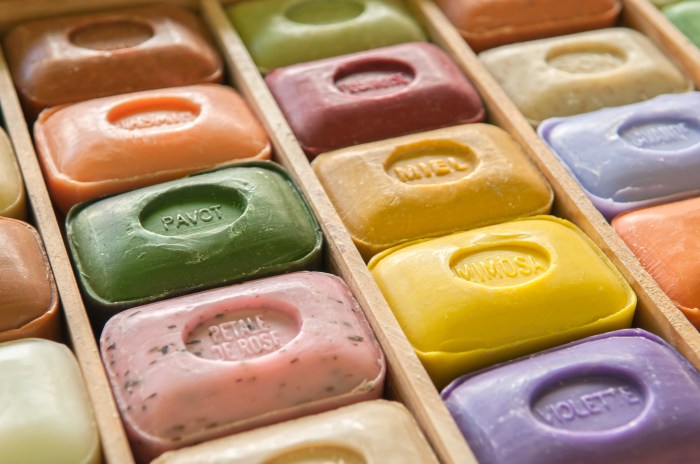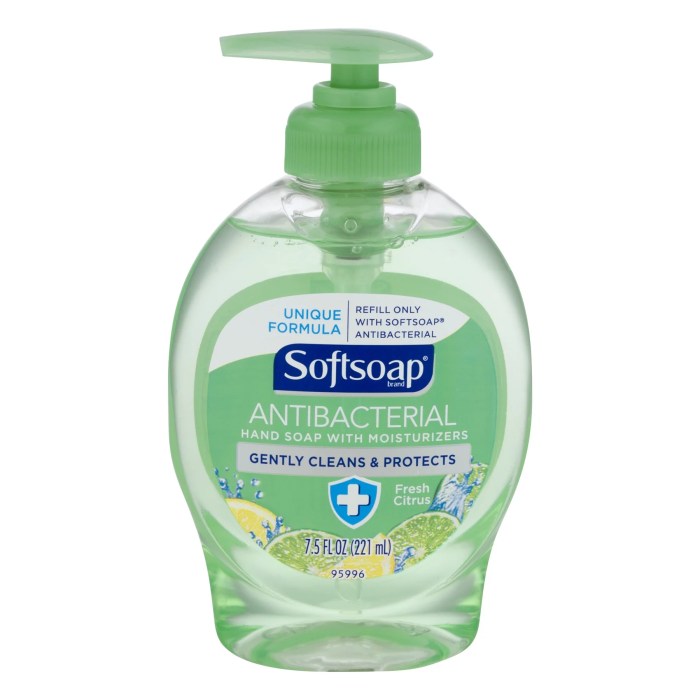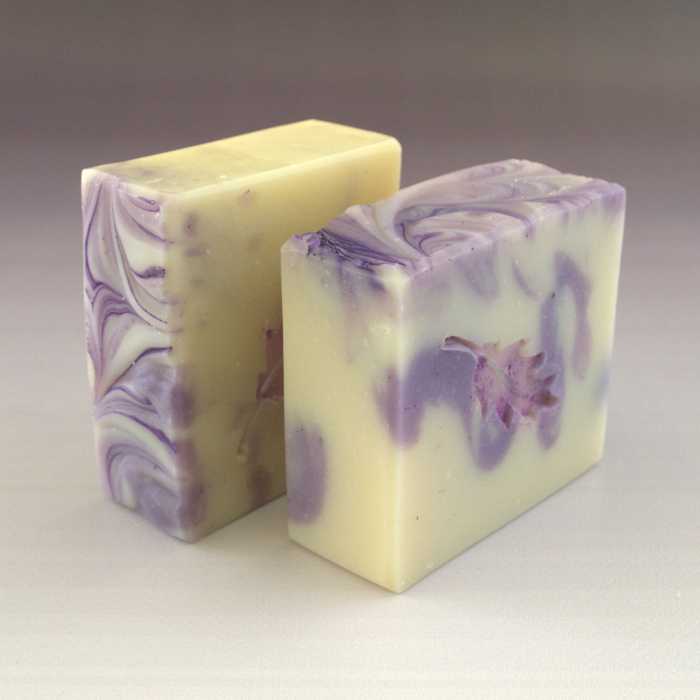Choose the best translation: soap sopa jabón supa campo – In the realm of translation, the search for the perfect equivalent can be a captivating pursuit. Take the seemingly simple word “soap,” for instance. As we embark on a linguistic journey through different languages and cultures, we discover a fascinating array of translations that reveal the nuances and complexities of human expression.
From the Spanish “jabón” to the Portuguese “sabão,” each translation carries its own unique history, cultural significance, and linguistic quirks. In this exploration, we will delve into the etymological roots, contextual variations, and challenges of translating “soap,” shedding light on the intricate tapestry of human communication.
Definition and Meaning

Soap: A cleansing agent made from fats or oils that have been reacted with an alkali, typically sodium or potassium hydroxide. It is used for washing and cleaning.
Sopa: (Spanish) A soup or stew, typically made with meat, vegetables, and broth.
Jabón: (Spanish) Soap.
Supa: (Indonesian) A soup or broth, typically made with meat, vegetables, and spices.
Etymology and History

Soap
The word “soap” comes from the Old English word “sæpe”, which is thought to be derived from the Germanic word “saipo”. The earliest known evidence of soap-like substances dates back to ancient Mesopotamia, where it was made from animal fats and ashes.
Sopa, Choose the best translation: soap sopa jabón supa campo
The word “sopa” comes from the Latin word “suppa”, which means “bread soaked in liquid”. In Spanish, the word “sopa” is used to refer to a wide variety of soups and stews.
Jabón
The word “jabón” comes from the Arabic word “sabūn”, which is thought to be derived from the Latin word “sapo”. Soap was first introduced to Spain by the Arabs in the 10th century.
Supa
The word “supa” is thought to be derived from the Proto-Austronesian word “*súpə”, which means “soup”. The word “supa” is used in many Indonesian and Malay languages to refer to a wide variety of soups and broths.
Translation and Equivalence

The words “soap”, “sopa”, “jabón”, and “supa” are all used to refer to cleansing agents or liquid food. However, there are some subtle differences in their meanings and usage.
In English, the word “soap” is typically used to refer to a solid or liquid substance that is used for washing and cleaning. In Spanish, the word “jabón” is also used to refer to soap, but it can also be used to refer to other types of cleansing agents, such as shampoo and body wash.
In Indonesian, the word “supa” is used to refer to a wide variety of soups and broths. However, it can also be used to refer to other types of liquid food, such as stews and curries.
Usage and Examples
Soap
Soap is typically used for washing and cleaning. It can be used to wash hands, clothes, dishes, and other surfaces.
- I washed my hands with soap and water.
- I used soap to clean the dishes.
- I washed my car with soap and water.
Sopa, Choose the best translation: soap sopa jabón supa campo
Sopa is typically eaten as a main course. It can be made with a variety of ingredients, such as meat, vegetables, and pasta.
- I had sopa for lunch today.
- I made a sopa with chicken, vegetables, and rice.
- I ate sopa with my family.
Jabón
Jabón is typically used for washing and cleaning. It can be used to wash hands, clothes, dishes, and other surfaces.
- Me lavé las manos con jabón y agua.
- Usé jabón para limpiar los platos.
- Lavé mi coche con jabón y agua.
Supa
Supa is typically eaten as a main course. It can be made with a variety of ingredients, such as meat, vegetables, and spices.
- Saya makan sup untuk makan siang hari ini.
- Saya membuat sup dengan ayam, sayuran, dan nasi.
- Saya makan sup dengan keluarga saya.
Cultural and Societal Impact: Choose The Best Translation: Soap Sopa Jabón Supa Campo
Soap
Soap is an essential part of everyday life in many cultures. It is used for washing and cleaning, and it can also be used to make cosmetics and other products.
In some cultures, soap is considered to be a symbol of cleanliness and purity. In other cultures, it is considered to be a luxury item.
Sopa, Choose the best translation: soap sopa jabón supa campo
Sopa is a popular food in many cultures. It is often served as a main course, and it can be made with a variety of ingredients.
In some cultures, sopa is considered to be a comfort food. In other cultures, it is considered to be a special occasion food.
Jabón
Jabón is an essential part of everyday life in many cultures. It is used for washing and cleaning, and it can also be used to make cosmetics and other products.
In some cultures, jabón is considered to be a symbol of cleanliness and purity. In other cultures, it is considered to be a luxury item.
Supa
Supa is a popular food in many cultures. It is often served as a main course, and it can be made with a variety of ingredients.
In some cultures, supa is considered to be a comfort food. In other cultures, it is considered to be a special occasion food.
FAQ Overview
What is the etymology of the word “soap”?
The word “soap” originates from the Old English word “sāpe,” which itself is derived from the Proto-Germanic word “saipo.” It is believed to be related to the Celtic word “sapo,” meaning “fat” or “grease.”
How does the cultural significance of “soap” vary across different societies?
In many cultures, soap is not only a practical necessity but also holds cultural and symbolic meanings. For example, in some Native American traditions, soap is used in purification rituals, while in some African cultures, it is believed to have healing properties.
What are some of the challenges involved in translating “soap”?
Translating “soap” can be challenging due to its cultural and contextual variations. For instance, in some languages, there may be multiple words for “soap” depending on its intended use (e.g., for bathing, laundry, or cleaning).